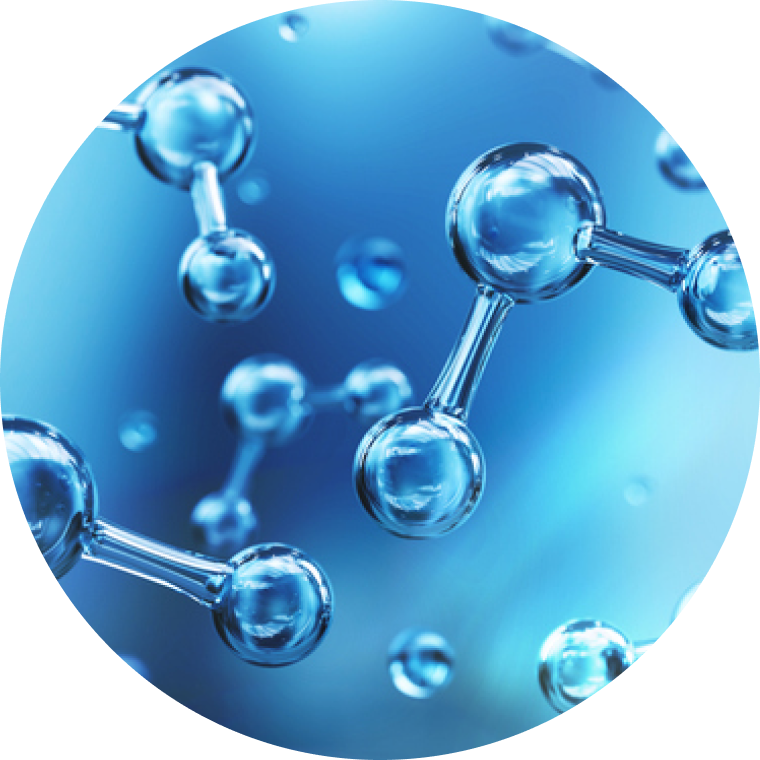Why is calibration important in the scientific laboratory?
Calibration is important in the scientific laboratory as the accuracy of measurements collected with laboratory equipment is only reliable when instruments are properly calibrated. Calibration is performed to maintain the accuracy, standardization, and reproducibility of measurements to assure reliable benchmarking and results.
Calibration is necessary for most scientific equipment and for many types of measurements. Some categories and examples of calibration include:
Humidity and Temperature: Infrared cameras, thermometers, and hygrometers
Pressure: Transmitters, test gauges, and barometers
Mechanical: For factors including force, mass, and vibration
Electrical: Measuring frequency, voltage, or resistance
What are the costs and risks of not calibrating?
To neglect calibration is to assure that equipment will provide imprecise measurements and risk the quality and safety of laboratory equipment. The ability to conduct scientific research with productive outcomes requires accurate measurements, which is only possible with adequate calibration. Avoiding calibration will result in unreliable and unreproducible data, necessitating time and money to improve and repair data.
Failing to calibrate laboratory equipment poses risks to:
Finances and profitability
Health and safety
Instrument lifetime
Learn more about the unified Dotmatics platform and how it can reduce human errors in the lab and enhance innovation


